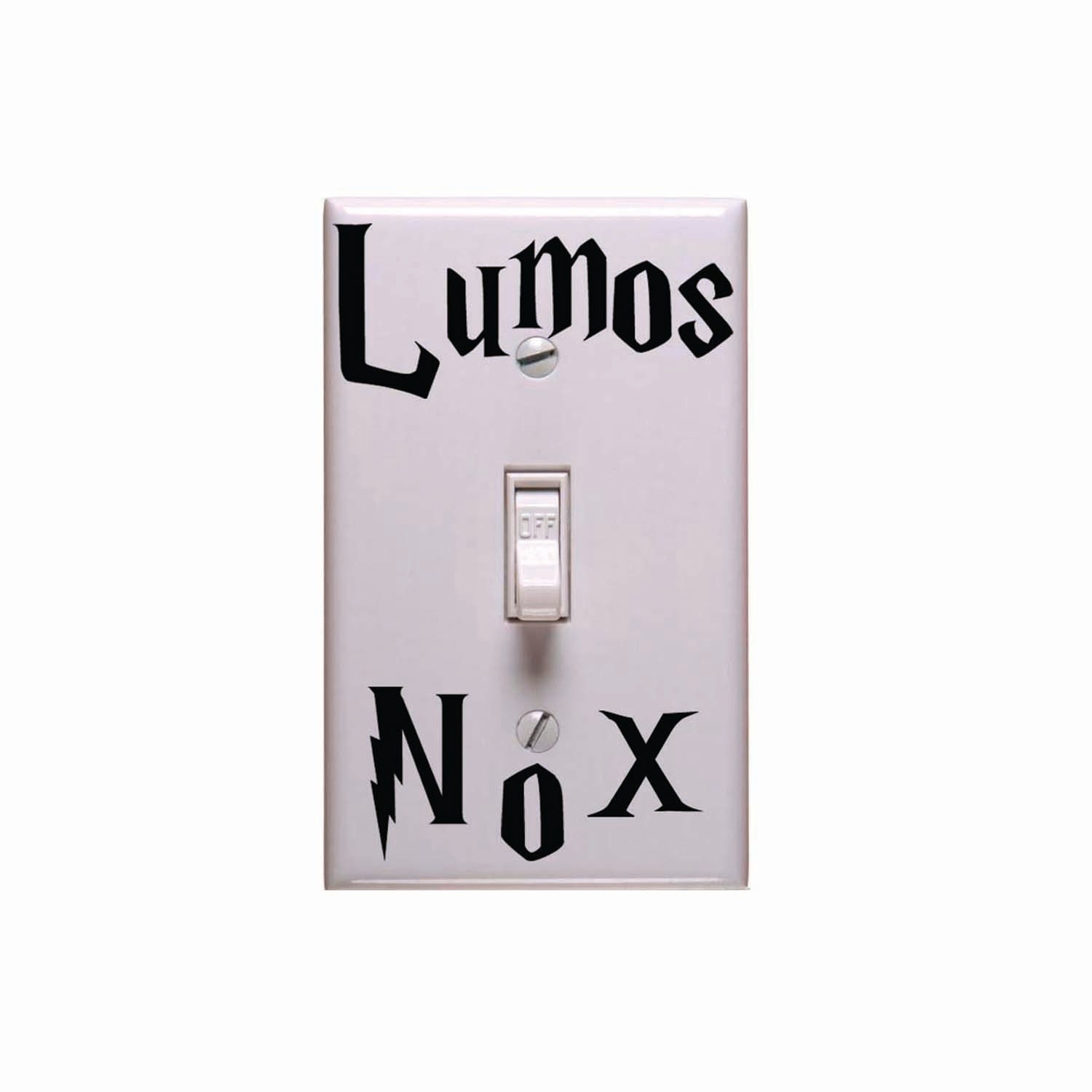

This curse, again, would be implanted to torture people. Today, the words “empire or imperial” are derived from this very common Latin word. Rowling seems to have simply added the – us ending to the Imperio root. Imperius which is not Latin, but Pseudo-Latin. The spell is formally known as the Imperius curse. The strength and its the duration of the curse is determined by person who cast it, as well as by the level of resistance of the victim. The curse would obviously be used to command people or subject them to mind control.
In proper Latin, it’s hominem revelo, “I unveil the man.” It is therefore a logical thing to say when outing someone hiding under an invisibility cloak. Homenem revilio: Pseudo-Latin “I unveil the man” **In this clip, there is a nice moment were Harry Potter actually calls the result of the spell (usually some sort of animal) a “ Patronus” which is the nominative (subject form) of the noun. Thus, I would have to argue that Rowling forgot her grammar rules or simply like the way these two words sounded together.Įxpecto Patronum: Latin “I await a guardian.”Įxpecto means “I await, look for, hope or desire for ” while Patronum means “a guardian, protector, or defender before a court.” It is nice that Rowling recalled her Latin grammar in this saying, since Patronum is declined properly to the accusative form(direct object). That being said, lumen is a neuter singular noun and thus I have to assumer lumos would be as well ( but the – os ending is more Greek to me). Since lumen is a neuter singular noun, maxima can only be feminine or netuer plural. It closely resembles the Latin lumen meaning “light, lamp,” but the most obvious word she should have used would have been “ Lux” which actually means “light, brightness.” Furthermore “Lux” (as a wand lighting charm)would have been a nice parallel to “Nox” (the wand extinguishing spell). Let’s start off with the easier word, maxima meaning “great, large, or vast.” Now for the difficult part, I was a bit unsure why Rowling decided on lumos.

Lumos Maxima: Pseudo-Latin ” Great Light!” It is used several times by characters in Harry Potter to dim their wands and proceed with their activities clandestine. You can see Ginny cast reducto at the end of this video. In either case, the spell itself seems to be used as a pulverize spell which “reduces” its intended object to its basic form. Reducto is not the 1st singular form (the “I reduced” form), but a perfect passive participles meaning “having been reduced.” However, it could be from the rare verb reducto (used in a Aurelius Victor “ De Caesaribus“) meaning to withdraw. Reducto: Latin “Having been reduced” or ” I bring back or withdraw” The Latin verb stupeo meaning “to be stunned, numbed, astonished” and fio meaning “make, do, cause to happen.” The spell is used to stun opponents. Stupefy is a stunning spell which is a hodgepodge of two Latin words. Stupefy: Pseudo-Latin “I cause (you) to be stunned. While the mythological references may be easier to see in character names (i.e Minerva McGonagall as in Minerva the Roman goddess of wisdom) the Latin reference may not be as discernible.Īccio is a verb that means “I call, summon, send for, invite ” Harry Potter uses it in the first challenge of the TriWizard Tournament.
Harry potter luminous spell series#
It is evident that she received a degree in Classics, because the Harry Potter series is filled with Latin words and ancient mythology. J.K Rowling attended University of Exeter and received her BA in French and Classics.
Harry potter luminous spell free#
These included Dickens and Tolkien, which she says filled her free time during her college years. Rowling created the world of Harry Potter from her vast imagination (and personal experience) and perhaps from other sources. Especially those who grew up reading the books and then watched the magic come to life of the silver screen later on. Rowling is known by millions (if not billions) of children, teens, and adults. Rowling Courtesy of Wikicommons & Daniel Ogren.


 0 kommentar(er)
0 kommentar(er)
